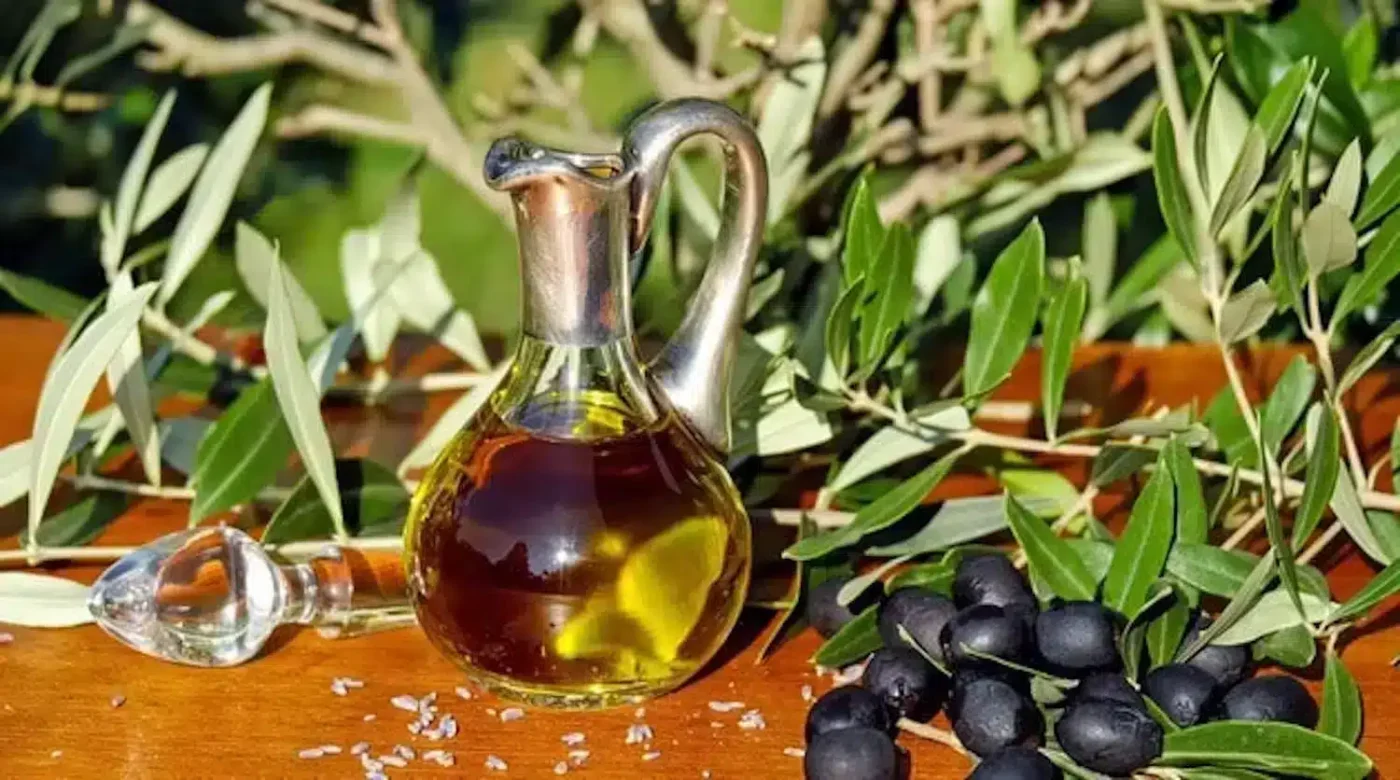
Olive oil protects the heart
Olive oil is an essential ingredient in Mediterranean cuisine, and among other things, it can reduce the risk of cardiovascular disease. Olive oil is versatile and can be used in a variety of delicious dishes.
Olive oil is considered one of the healthiest cooking oils. According to scientific research, regular consumption of the oil can help protect heart health and reduce the risk of death, among other things. The South Tyrol Consumer Advisory Center explains in a report how the oil’s health benefits come about.
Not only have Italians and Spaniards long sworn by olive oil, research has also provided ample evidence of the positive effects of olive oil on human health. For example, its fatty acid composition, primarily oleic acid, a monounsaturated fatty acid, can reduce harmful LDL cholesterol and thus have a positive effect on blood cholesterol levels.
If blood lipid levels are within a healthy range and the ratio of “bad” LDL cholesterol to “good” HDL cholesterol is balanced, the risk of vascular deposits (arteriosclerosis/hardening of the arteries) decreases.
Furthermore, thanks to its content of polyphenols, which are among the secondary plant substances, olive oil has an anti-inflammatory and antioxidant effect. In laboratory tests, polyphenols protect cells from the harmful effects of so-called free radicals. These are aggressive oxygen compounds formed by UV radiation, stress, tobacco smoke, and other environmental influences, and they play a role in the development of cancer and cardiovascular disease.
A substance from the polyphenol group, oleocanthal, has not yet been detected in any edible oil other than olive oil. “It has an anti-inflammatory effect; the mechanism is the same as that of the pain reliever ibuprofen,” explains Silke Raffeiner, nutrition expert at the South Tyrol Consumer Center.
The effect is much weaker compared to a single dose of ibuprofen, so a serving of olive oil cannot relieve acute pain. However, science suggests a long-term protective effect against cardiovascular disease and cancer. Two other polyphenolic compounds, luteolin and apigenin, are believed to have a beneficial effect on blood glucose levels and may reduce the risk of developing diabetes mellitus.
Fresh Olive Oil
Freshly pressed oils from early-harvested (green) olives have the highest polyphenol content: these oils have a strong, bitter taste and cause a sore throat when swallowed. The riper the olives are when harvested, the fewer polyphenols they contain.
Last but not least, olive oil is rich in vitamin E, a fat-soluble vitamin with antioxidant properties. It protects the oil itself and the body’s cells from harsh oxygen compounds.
If you want to benefit from the many health benefits of olive oil, you should choose unrefined, “extra virgin” quality oil, cold-pressed immediately after harvesting. During this first pressing, the temperature cannot exceed 27 degrees Celsius to preserve the valuable heat-sensitive substances. A bitter, slightly spicy taste is a sign of a higher polyphenol content.
High-quality olive oil is especially suitable for cold and warm dishes and is generally recommended not to be used for frying. However, a Spanish study has now revealed that olive oil in the highest “extra virgin” category retains its health-promoting properties even when pan-fried.
Olive oil will be used in a US experiment.
The new project, titled “Oleocanthal Plus Cardio,” will be conducted on patients at the Artemis Wellness Center in Milford, Connecticut. The research project’s data will be analyzed by the Yale University School of Public Health.
Olive oil will be used because of its extremely high oleocanthal content, and researchers will monitor changes in cardiovascular parameters collected from the patients.entities through the Cardiac IQ test.
The project will last 12 weeks, and the results will be used to design a subsequent clinical trial to evaluate the impact of high-oleocanthal extra virgin olive oil on cardiovascular disease markers.
Beginning in March 2023, Dr. Artemis Morris of the Artemis Wellness Center will add 30 ml per day of high-oleocanthal extra virgin olive oil to the daily diet of 25 to 50 of her patients for 12 weeks.
The aggregated data will be collected and collated by Dr. Morris and analyzed by Dr. Tassos C. Kyriakides, assistant professor at the Yale School of Public Health. By incorporating high-oleocanthal olive oil into patients’ standard of care, Dr. Morris will monitor changes in cardiovascular parameters collected through the Cardiac IQ test.
Important Note: aceitedelcampo.com promotes the consumption of extra virgin olive oil for its culinary qualities and health benefits. However, no medication or current treatment should be replaced without the guidance of a healthcare professional.
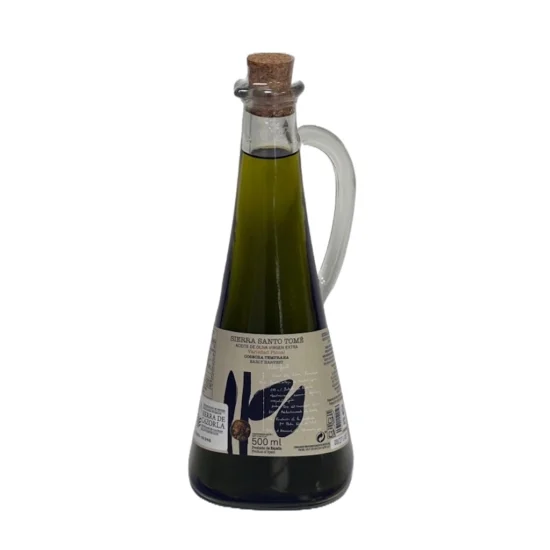
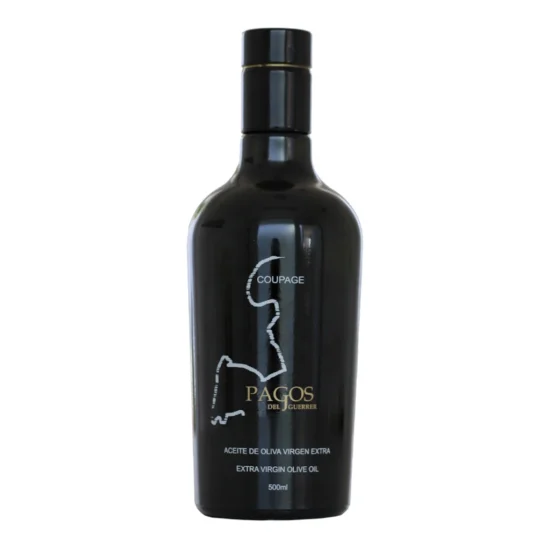
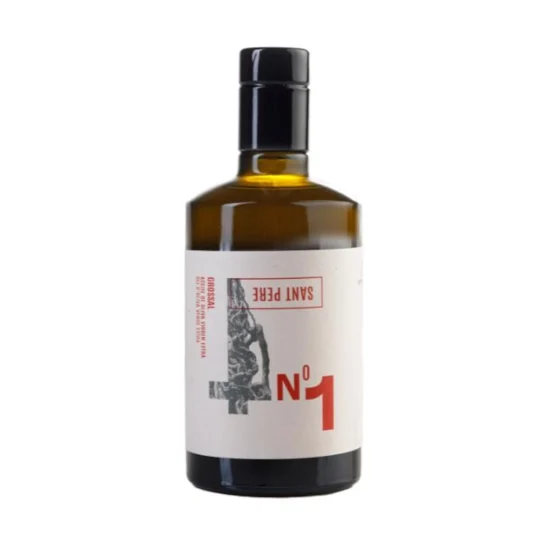
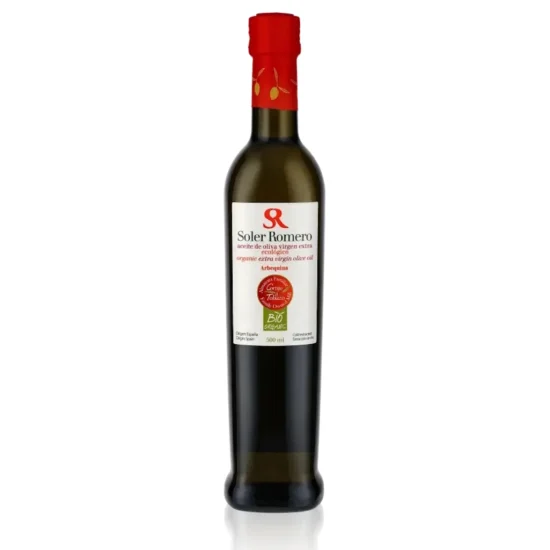
ALZAYT EXPORT SL
info@aceitedelcampo.com
C/ Eduardo Bosca 19, 2-5
46023 Valencia
Subscribe and receive a coupon by email for your next purchase.